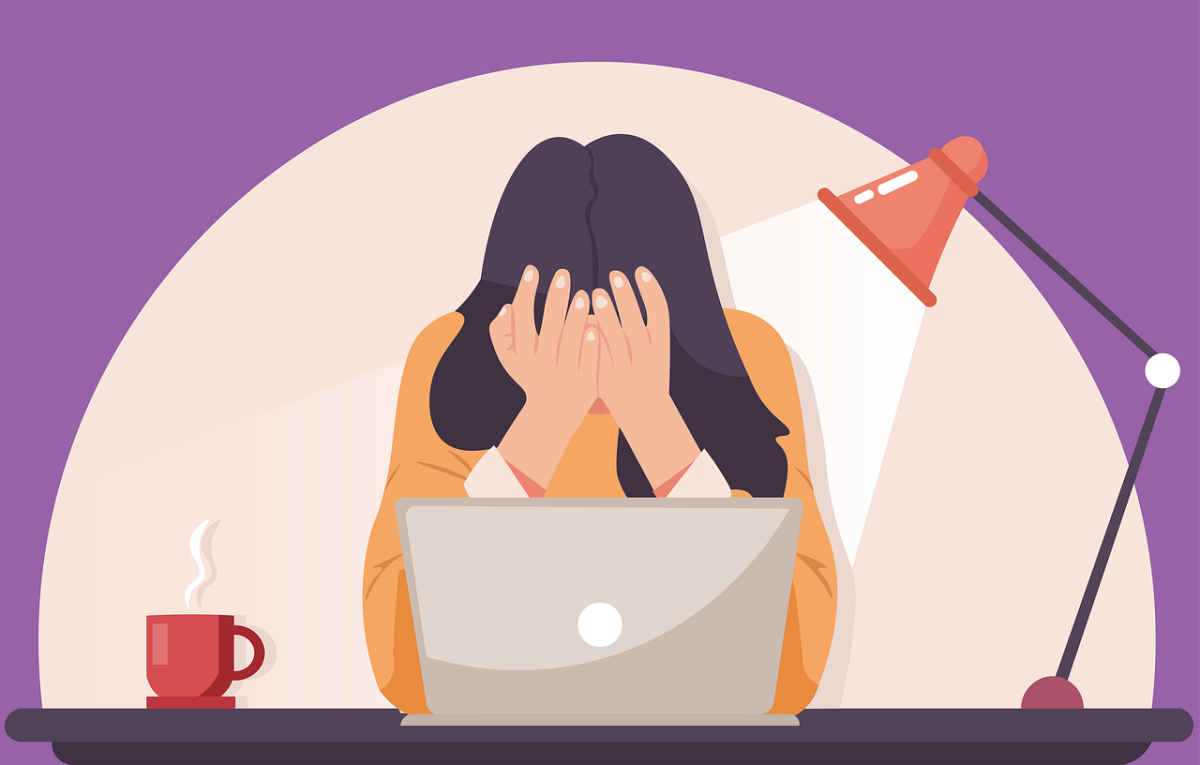The last couple of weeks of August leading up to September feel like a train wreck. Kids are rushing to go back to school shopping and dreading spending less and less time with friends and family. The perks of summer like going to the beach and waking up into the afternoon are dwindling. On top of that, after the first week of school, high schoolers are met with a bunch of homework, sports, and other responsibilities, and the only time they have to relax on weekends is still inundated with all of these things. Though there are breaks every couple of months, the school year is too long and should be shortened because there’s not enough time for students to enjoy being young and free.
Stress from school and homework can be very distributive to a student’s lives. According to Healthline, “More than 70 percent of students said they were often or always stressed over schoolwork, with 56 percent listing homework as a primary stressor. Less than 1 percent of the students said homework was not a stressor.” The issue isn’t so much the assignments themselves, but most of the time, students struggle to meet deadlines because they have 10 other assignments due at the same time. There is no denying that some homework might be important, but it can also be too much. It can also be way more difficult for advanced students that are in honor classes because their teacher expects a lot from them and some can’t live up to the expectations set. This proves students need more breaks from the stress of school work.
Even with these facts, there are still some who feel the school year should be longer. However, one look at schools from around the world who outperform those in America prove that would not make a difference. Schools in Finland also have the same type of schooling system as in the U.S. and better higher achievement rates. The Washington Post reports, “Finland, a country with high achievement rates, has just a few more instructional days. The major variables differentiating us from Finland have nothing to do with instructional time.”
A shortened school year doesn’t have to mean days. School can be hard for some kids who have a hard time getting up in the morning and trying to be ready to learn at such an early time. This is not just because students are lazy but backed by research that New Jersey lawmakers have taken into consideration. In 2022, a bill was introduced that requires schools to start at 8:30 a.m. or later. On top of that, World Population Review states that “Finland and Brazil, known for their progressive educational systems, average a 5-hour school day, focusing on efficiency and student well-being.” This proves that it’s the quality of the education rather than the time being spent in the classroom that shapes a solid education.
For the betterment of students’ mental health and overall education, the school year should be shorter.









